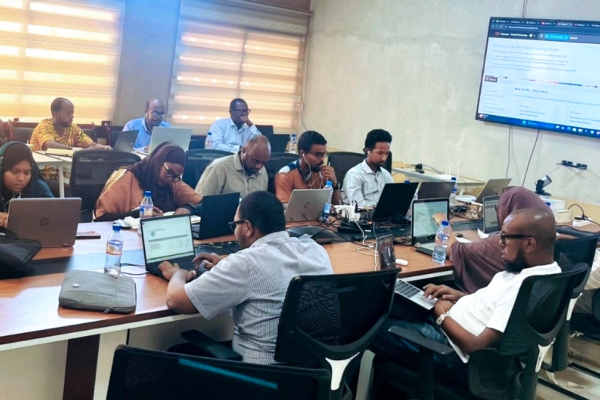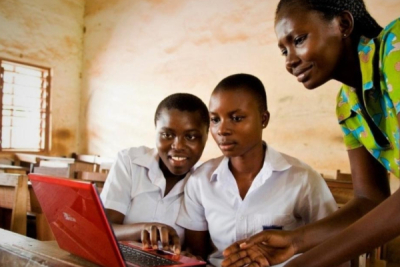To accelerate its digital transformation, the Djiboutian government has been seeking partnerships with key international players, including India, Qatar, the European Union, and the ITU.
Djibouti's Ministry of Digital Economy and Innovation has launched a program to improve the digital skills of government officials, the ministry announced Sunday, February, 23. The program includes cloud infrastructure training in partnership with the Digital Cooperation Organization (DCO), Oracle University, and the National Institute of Public Administration (INAP).
The training covers key areas such as cloud computing, artificial intelligence, cybersecurity, and data management. Participants from various government departments can access the courses through Oracle University’s MyLearn platform. According to the ministry, this initiative is "a key step in equipping government officials with cutting-edge technological tools to improve public services and accelerate digital innovation."
Through this effort, the Djiboutian government aims to provide officials with the expertise needed to support the country’s digital transformation. The World Bank estimates that nearly 230 million jobs in sub-Saharan Africa will require digital skills by 2030. However, Djibouti still lags in digital infrastructure. The United Nations gives the country a score of 0.2800 out of 1 on its telecom infrastructure index—part of the broader e-government development index—placing it below the African (0.4247) and global (0.6382) averages.
This initiative builds on Djibouti’s Digital Foundation Project, launched in 2022 with World Bank funding. The government aims to establish a strong and inclusive digital economy by 2035, leveraging emerging technologies to drive economic growth. The strategy focuses on developing the ICT sector and digital economy to contribute to GDP growth through added value.
Beyond training government officials, there is a broader need for digital skills across the population. According to the GSMA, a lack of digital literacy is one of the main barriers to internet adoption and, by extension, digital services. The International Telecommunication Union (ITU) estimates Djibouti’s internet penetration rate at 65%, compared to 74.4% for mobile telephony.
By Isaac K. Kassouwi,
Editing by Sèna D. B. de Sodji



















